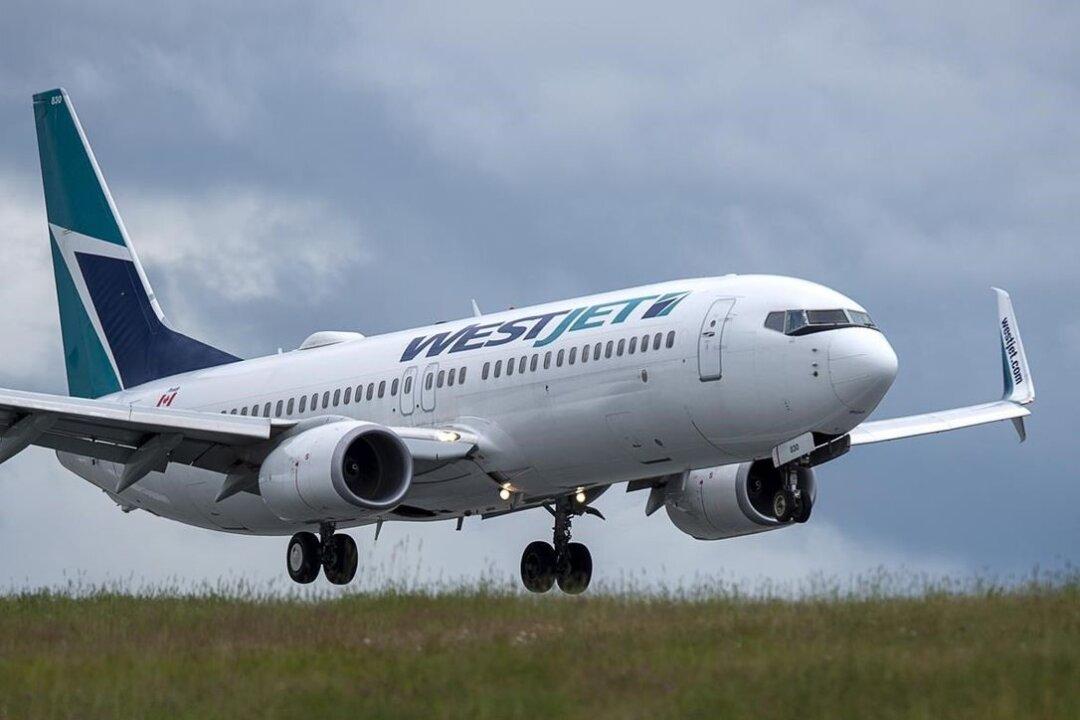CALGARY—The CEO of WestJet Airlines Ltd. is laying the blame squarely on “incoherent” policy from Ottawa as his carrier cuts staff and flights in response to new COVID-19 testing requirements for passengers returning to Canada.
The Calgary-based airline announced Friday about 1,000 employees will be furloughed, temporarily laid off, put on unpaid leave or have their hours cut, and it will chop about 30 percent of its capacity for February and March and pull 160 domestic departures from its schedule.





